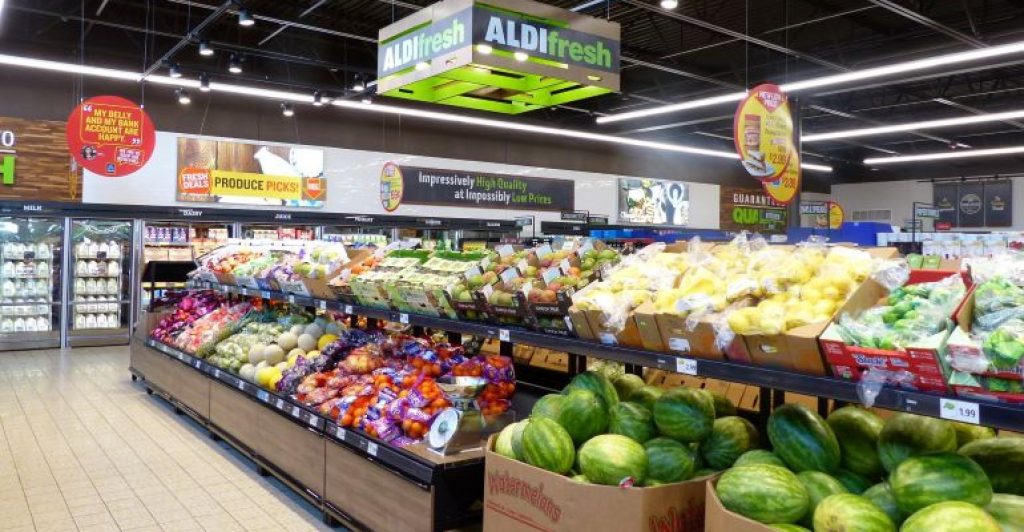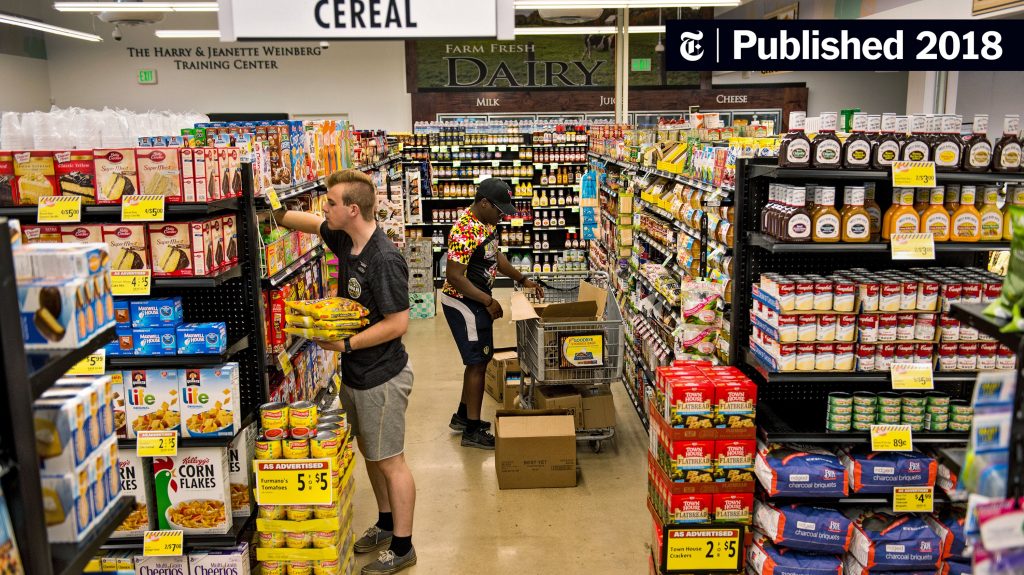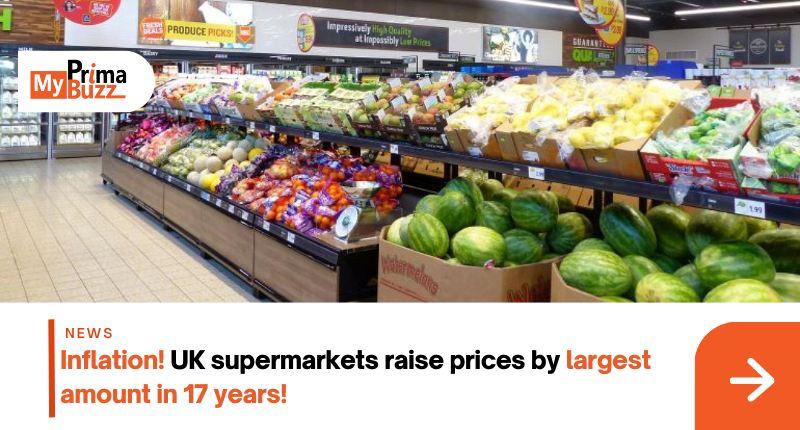Shops and supermarkets in Britain increased prices by 4.4% in the 12 months to July, the largest rise since these records began in 2005, reflecting a jump in food and transport costs, the British Retail Consortium said on Wednesday.
Bank of England may raise interest rates amidst the inflation
The Bank of England is looking closely for signs of how persistent inflation is likely to be as it prepares to decide next week whether to raise interest rates by half a percentage point, which would be its biggest increase since 1995.

Rising production and transportation cost led food price to surge, which worsened the inflation
The BRC's measure of annual shop price inflation remains well below the Office for National Statistics broader consumer prices index, which showed annual inflation hit a 40-year high of 9.4% in June, led by a 9.8% leap in food and drink prices.
The BRC data showed food prices rose by 7.0% in the year to July after a 5.6% increase in June.
“Rising production costs – from the price of animal feed and fertiliser to availability of produce, exacerbated by the war in Ukraine – coupled with exorbitant land transport costs, led food prices to rocket,” BRC chief executive Helen Dickinson said.

China Covid-19 lockdown is one of the major contributors to inflation
Higher shipping costs and ongoing COVID-19 lockdowns in China pushed up the price of non-food items, she added.
Supermarkets have reported customers cutting back on food purchases, and official data last week showed that sales volumes excluding fuel in June were 5.9% lower than the year before.
With the inflation, unemployed graduates and lower-class families may have to suffer even more.

